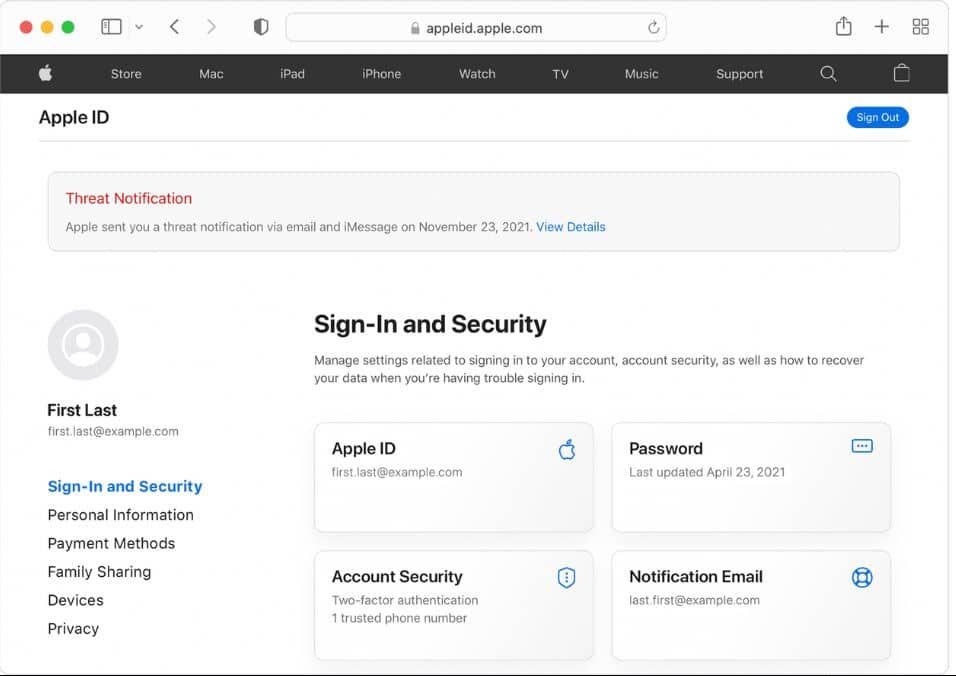HIGHLIGHTS
- Apple warns iPhone users of ‘Mercenary Spyware’ in 92 Countries.
- Apple advised targeted users to update their device to iOS 17.4.1.
- Apple is also sending a warning email about Mercenary Spyware.

Apple warns users that they might have been the victims of Mercenary Spyware in 92 countries including India. But the company doesn’t attribute these attacks to any specific groups and the company also doesn’t reveal the names of countries, but India is one of the countries in the list.
Mercenary Spyware attack on iPhone users
Apple has updated its support document with details on how these threat notifications work and it also included information for users who might be victims of the targets of Mercenary Spyware attack.

Apple hasn’t attributed these targeted spyware attacks to those using software like Pagasus developed by NSO group, Sources told to The Economic Times. In the threat notification email to users, Apple advised them to enable Lockdown Mode on their iPhones which will reduce the possibility of any spyware attacks.
Apple also advised iPhone users to update their iPhones to iOS 17.4.1.
“Apple detected that you are being targeted by a mercenary spyware attack that is trying to remotely compromise the iPhone associated with your Apple ID -xxx-,” Company said in email.
Apple is advising target users to enlist expert guidance such as rapid-response emergency security assistance provided by the Digital Security Helpline at the non-profit Access now. The support document has been updated related to the treat notification and this explain how the Mercenary Spyware attack works.
Once Apple detects activity consistent with the Mercenary attack, it will send an email and iMessage notification to users on their email and phone numbers. A notification banner will also be displayed at the top of the Apple ID website once they sign-in.
Apple also warns to not click links, open files, install apps or share Apple ID passwords or verifications codes over the phone.


